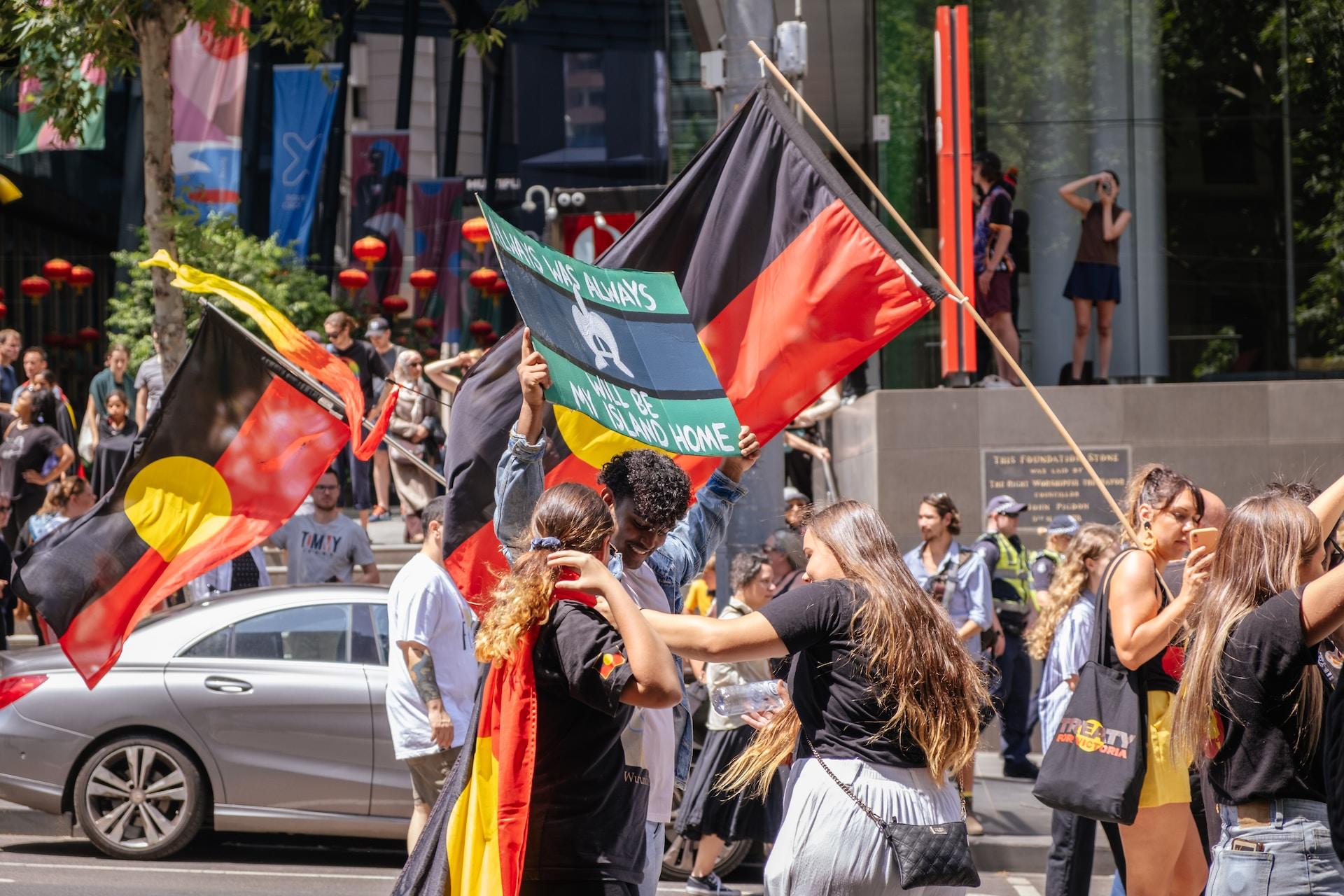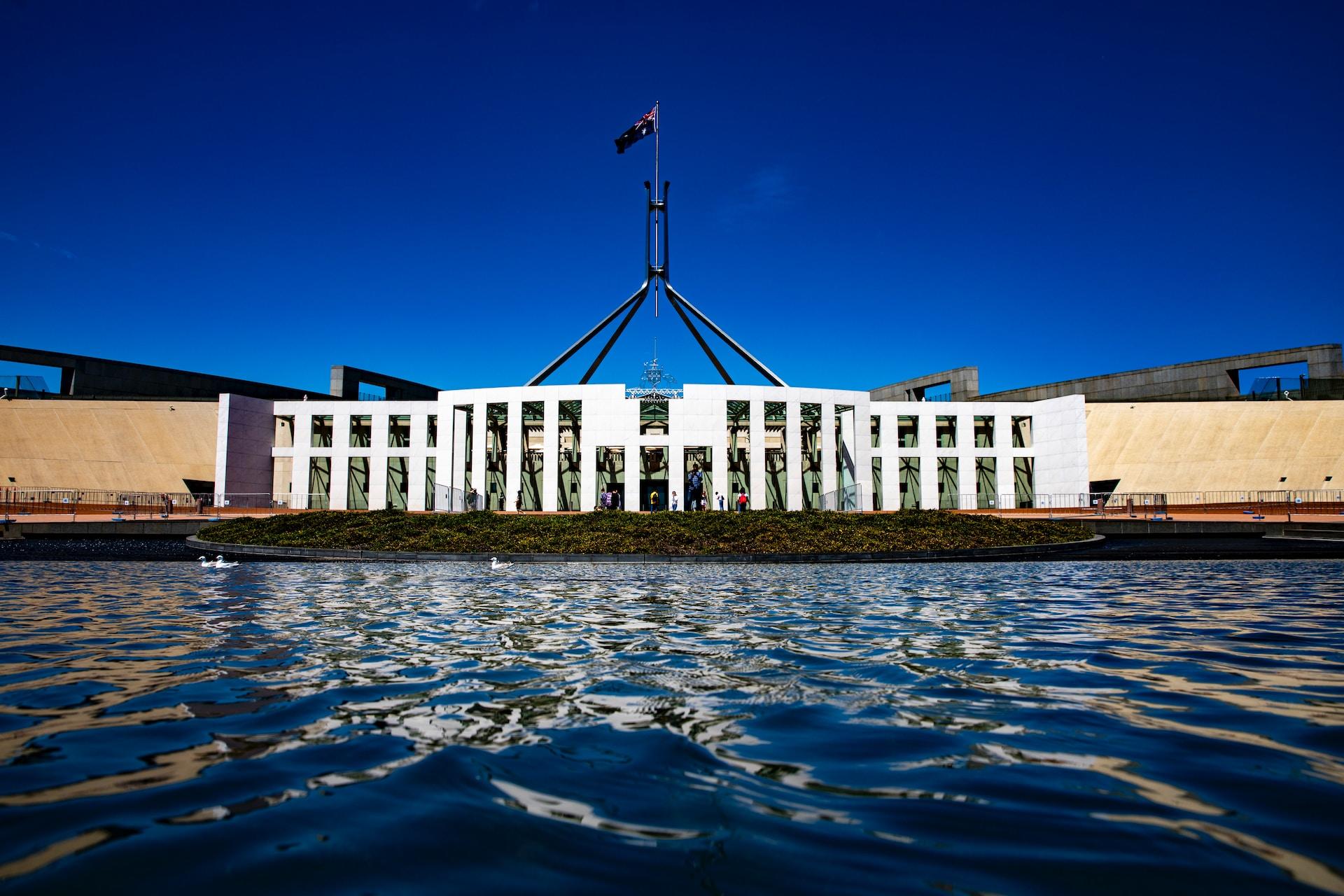Later this year, Australian citizens will make their voices heard on a matter of great significance. Issues surrounding First Nations people are near to voters' hearts but that factor alone doesn't predict a successful outcome.
Understanding every aspect of Australian life and politics this complex matter touches on is far more telling. The trouble is, studies show that Australian voters don't have a proper grasp on the issues.
We're not saying that Australians are all ignorant bumblers who don't care about what's going on. Only with such a consequential matter as amending our Constitution, critical information is hard to come by. And all the noise drowns out salient points that every Australian should consider before voting.
We would prefer to have unbiased reporting of all the factors that went into these proposals before we vote on them. Who thought this initiative was a good idea and why? Does anyone foresee any unintended consequences and if so, what are they?
Superprof lends a hand to help answer these questions.

What Are Referendums in Australia?
In Australia as in other countries, citizens have the right to help decide which direction their country will take. More specifically, we cast our votes on constitutional amendments to ensure our founding document remains fair to all citizens.
However, unlike in other countries, Australian citizens may not trigger a referendum to change or propose a law. All of the referendums we vote on come to us from Parliament.
Elected officials in either the House or Senate draft a bill; a piece of legislation meant to become law. They vote on it and if a majority in both houses agree, it passes and gets added to our legal canon.
But if that bill means to change the Constitution, it must go through additional approval before it can become law.
How quickly a bill moves to the referendum stage depends on how it was decided in Parliament. If both houses passed it with an absolute majority, the Constitution dictates a six-month window for Parliament to put it to the public. But if only one house approves it, Parliament is under no such deadline.
Referendums are theoretically meant only for constitutional changes. By contrast, plebiscites change an aspect of Australian society while leaving the Constitution unchanged. Plebiscites may come via post, like the Australian Marriage Law survey did. Or it could be an opinion poll, as was the case in 1977, when we decided which song would be our National Anthem.
The main difference between plebiscites and referenda is the mandate. Citizens don't have to vote on plebiscites but voting in a referendum is mandatory.
That's because Section VIII of our Constitution specifies that every citizen must be heard before making any changes to it. With that said, you should know that not every referendum or plebiscite is national; states can hold them, too.

Referendums in Australia: a Historical Perspective
At the height of the Victorian Era, British colonists in Australia were trying to decide how they could turn the collection of colonies into a country in its own right. The discussions and wranglings are a story for another time. What matters is how these colonists viewed authority.
For so long, they'd submitted to mandates from a distant monarch with little chance for input. Not that they were necessarily resentful of it, only that it seemed an unfair and inefficient way to govern. So as they drafted their new country's founding document, they purposely included a section to give people decision power. Citizens would have a voice in matters that would change the country's direction or operation.
The newly-minted Australian government put that standard to the test just six years after joining the Commonwealth of Nations. In December 1906, citizens voted on Australia's first referendum to decide when senators' terms should start. This vote was a remarkable feat of democracy for a country less than 10 years old. Especially now that we know how referendums work.
Since then, the Australian Parliament has put another 43 bills to the public for their vote. You can read how many referendums passed in Australia in the last section of this article. But the fact that Australia holds referendums to change their Constitution at all is a democratic marvel. Especially when some other countries' citizens don't have any voting rights.
That's why our Constitution is important. Our founding document assures citizens of their rights and responsibilities as members of this society. Sometimes, it might seem like a pain to keep up with electoral madness and all the issues involved. But it's a form of madness we're privileged to enjoy.
If anything could make our Constitution better, it would be an amendment for citizens to propose laws. As mentioned in the previous section, Australians may not trigger a referendum through a petition.
Any government response to popular sentiment is the extent of our influence on legislative power. We're fortunate to have this, too.

Do Referendums in Australia Foster Partisanship?
Currently, political parties in the United States are very vocal about wanting to either seize or hold onto power so they can enact their agenda items. That's nothing new; it's every political party's goal - at least, to some extent. But US politics has gotten far more partisan of late, and some of their agenda items are... Let's just say they don't seem to advance their society.
Every country experiences partisanship to one degree or another, even Australia. On one hand, working through, with and alongside different viewpoints and visions serves diverse populations well. On the other, when a party has a majority, they may take the ball and run with it.
They might legislate to their party's benefit and society's detriment, causing harm that might take years to recover from.
Where referendums are concerned, it seems the Australian people are sharp to such shenanigans. As a rule, citizens resist excessive government control, often making our voices heard by every means available.
Where changes to the Australian Constitution are concerned, those initiatives merit the closest scrutiny.
Forty-four proposed amendments went to referendum since our country became federalised in 1901. Of them, we embraced those with bipartisan support in Parliament most enthusiastically. The 1967 referendum addressing Indigenous Australians paints the clearest picture.
The bill proposed counting Aboriginal populations among the rest of the population. It won more than 90% of the popular vote and passed in all six states. The Holt-coalition government worked with the Labor opposition to draft the bill. Likewise, it cleared both Parliament houses with bipartisan support.
Voters have rejected four-fifths of the bills put forth through a referendum even if, on their surface, they sounded balanced and beneficial. For instance, the Fair Elections referendum (1988) presumably meant to protect our 'one vote, one value' system. In fact, it would have given Labor votes preference and the Labor government proposed the referendum. Australian voters rejected it out of hand.
Around the world, partisan wish lists paper every government's halls. More often than not, extreme agenda items don't make it onto the ballots. And if the citizens have the privilege of lending their voices, those bills often don't make it into law. These two examples prove that referendums encourage rather than discourage bipartisanship.

How Many Referendums Have Passed in Australia?
Since our country evolved from a handful of colonies into a federal state, citizens have voted on 44 referendums and four plebiscites. Of them, eight and two passed, respectively. The National Song plebiscite (1977) passed with five states and a little over 43% of the vote. The Australian Marriage Law plebiscite (2017) passed with all six states and over 61% of the voters concurring.
As for referendums, the 1977 Indigenous Australians referendum mentioned in the previous segment stands as the one with the most support. Australians supported the Senate Elections bill (1906) with nearly as much enthusiasm. This referendum called into question whether Senators' start-of-term date should coincide with House elections. Almost 83% of the population and all six states agreed it should be so.
Australians were once again in agreement in 1977, when they voted on the Retirement of Judges bill. All the states and a tad over 80% of registered voters were keen to see judges retire at 70 years old. That same year, voters agreed that territories should have representation in referendums (77.72%) and on how temporary Senate vacancies should be filled (73.32%).
Those three initiatives mark the last changes to our Constitution. With a mere eight amendments - and none in the past 47 years, it's hard to know what to make of things. Are Australian voters too cantankerous or too savvy to fall for politicians' 'trickery'? Have our elected officials failed to come up with consensus-worthy initiatives all this time?
Soon, we will vote in the Voice of the People referendum. Already, Australian voters contend they don't have enough information on this matter to properly decide the issue. And it only gets harder for uninformed voters, as they must search for critical information while being bombarded with opposing views across the media.















